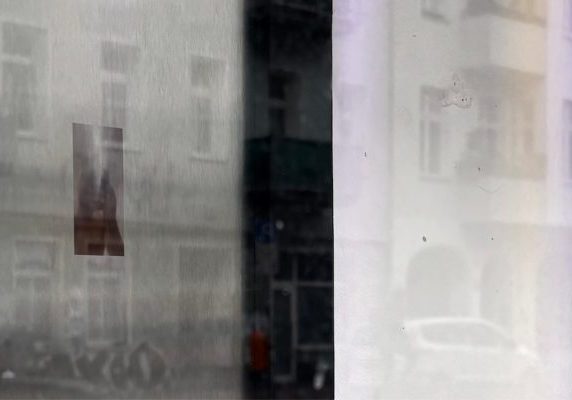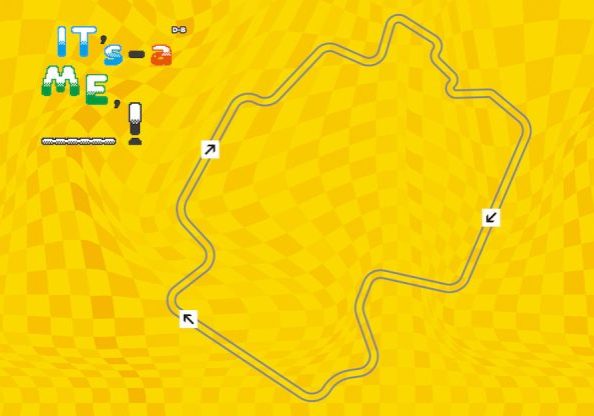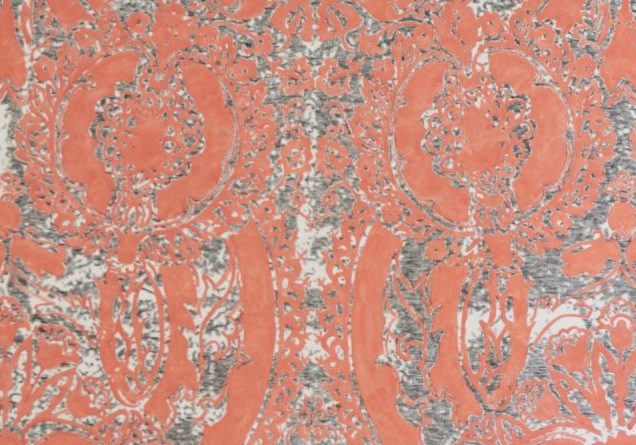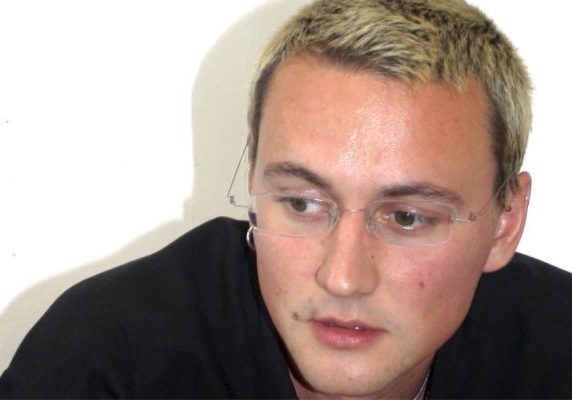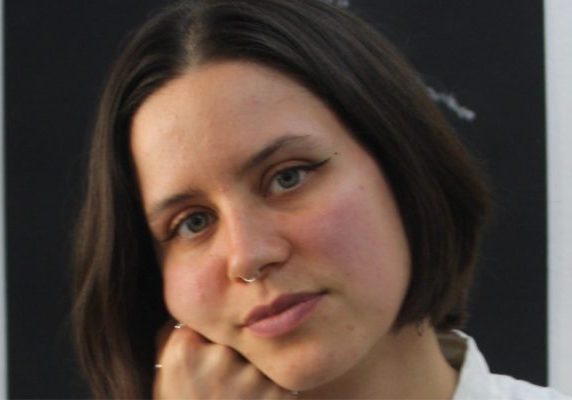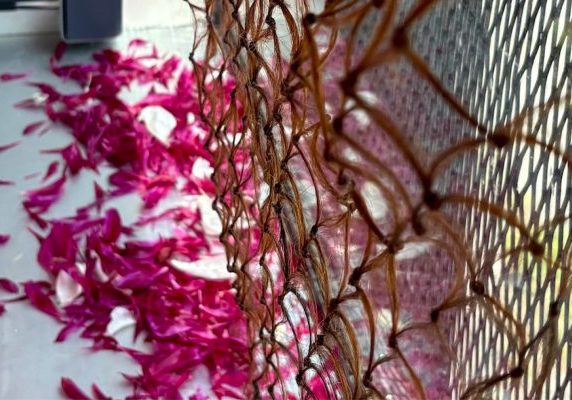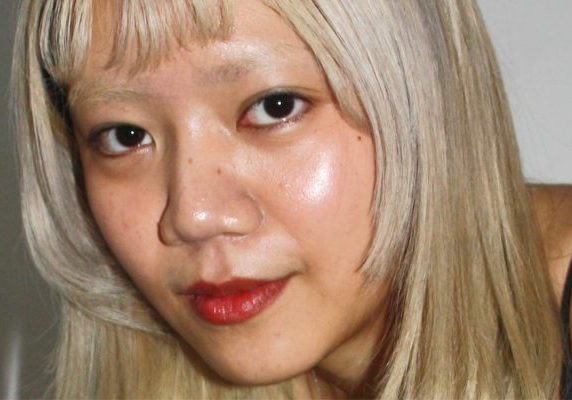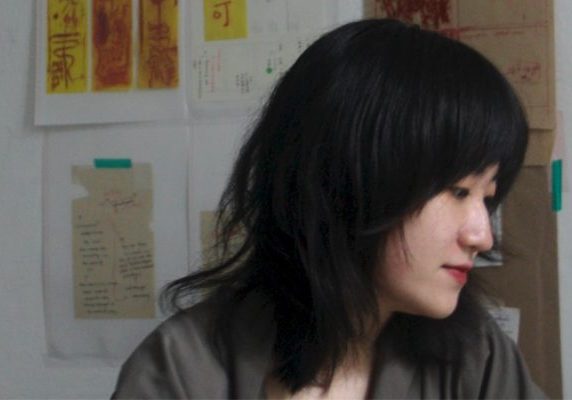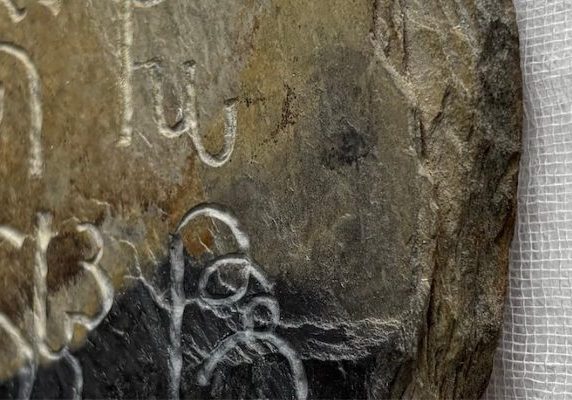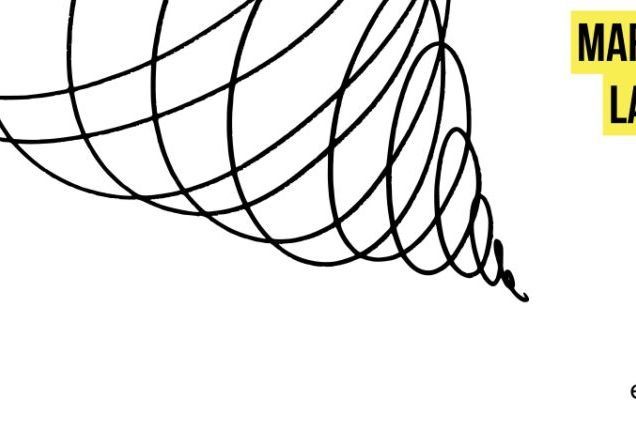Artworks by Nathalie Rey and Enric Maurí
Text by Federica Matelli
Vernissage: Tuesday 11th of October, 18h
Open Times: 12th, 13th, 14th and 15th of October, from 16h to 20h
Free entry
GlogauAIR is glad to announce the exhibition in the Project Space by former resident artists Nathalie Rey and Enric Maurí. The project “Sex und Dinge und Dinge, die kein Sex sind” captures and reveals the work dynamics that Nathalie Rey and Enric Maurí have been developing together for a few years. Although at the same time each one pursues their own line of work, together they have found ways to carry out projects dealing with common interests, such as environmental problems, the pandemic situation or the issue of censorship.
This new joint project has the particularity of braiding their speeches on the basis of two individually designed macro installations. These installations are located at each end of the exhibition space and converge in the center, where they meet and contaminate each other in a dynamic of contrast, harmony and complementarity.
Nathalie Rey‘s installation stems from the desire to delve into themes addressed in the previous joint project entitled “The Conspiratorial Artist” and developed at the GlogauAIR residence in Berlin, although the perspective of this new work is much more personal and questions the identity of the artist as a woman through autobiographical winks. The installation is entitled “The Garden of Earthly Delights” and refers to both the work of Hieronymus Bosch and the film by Carlos Saura (1970) in which sexuality is clearly repressed by a conservative society and can only be expressed at an unconscious level. The installation in process is a dreamlike scene, somewhat grotesque and monstrous, expression of an unconscious desire, where the notion of vice is evacuated in favor of fantasy and game. Regarding the discursive strategy, Rey bases her argument on the complementary concepts of two French philosophers; on the one hand Georges Bataille with his notion of the “childish character of eroticism”, and on the other Jean Baudrillard with his theory of “objects as a system of signs”.
Enric Maurí, for his part, tackles one of the issues that have obsessed him for a long time, namely the aesthetics of precariousness, which he shapes from waste found on the street, in this case from Berlin, such as tents, furniture, plastics, shoes, etc. This device allows him to delve into the reality of an increasingly precarious and vulnerable society, where the precariousness that manifests itself in the street is only a reflection of what is happening in general and is being avoided, namely poverty, the crisis of housing, loneliness, lack of communication; neo-capitalism has turned the Homus politicus into Homus economicus, that is, one more gear in the chain of production and consumption and an object of speculation. In this project, Enric Maurí refers both to “Undoing the Dreams: Neoliberalism’s Stealth Revolution” by the North American political specialist and philosopher Wendy Brown and to the German/Korean philosopher Byung Chul Han, particularly his book “No things”.

